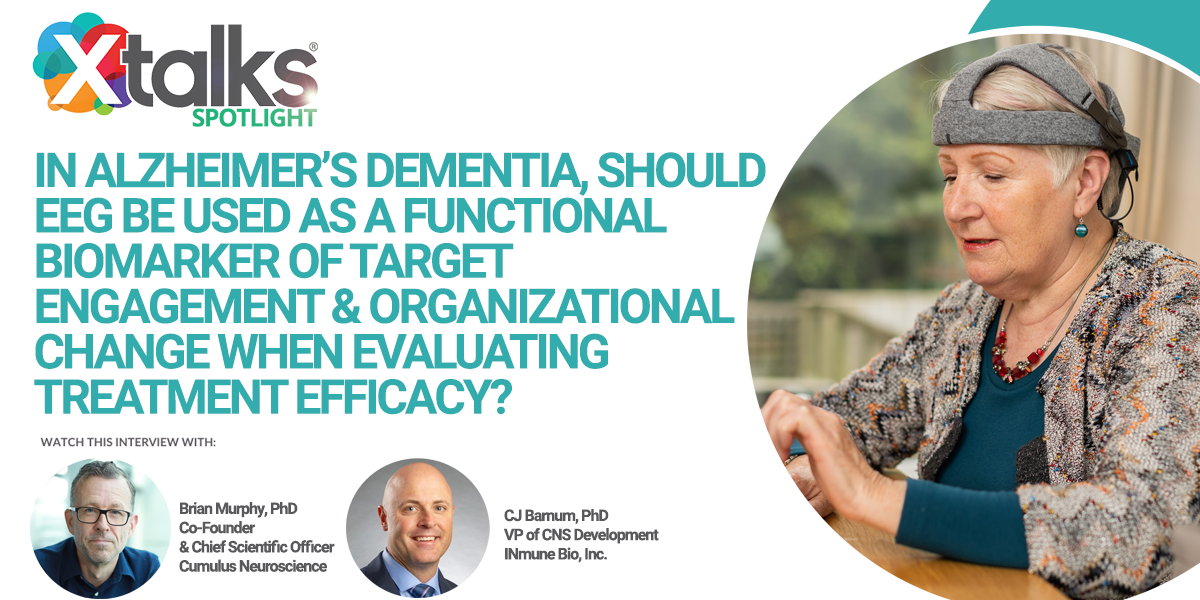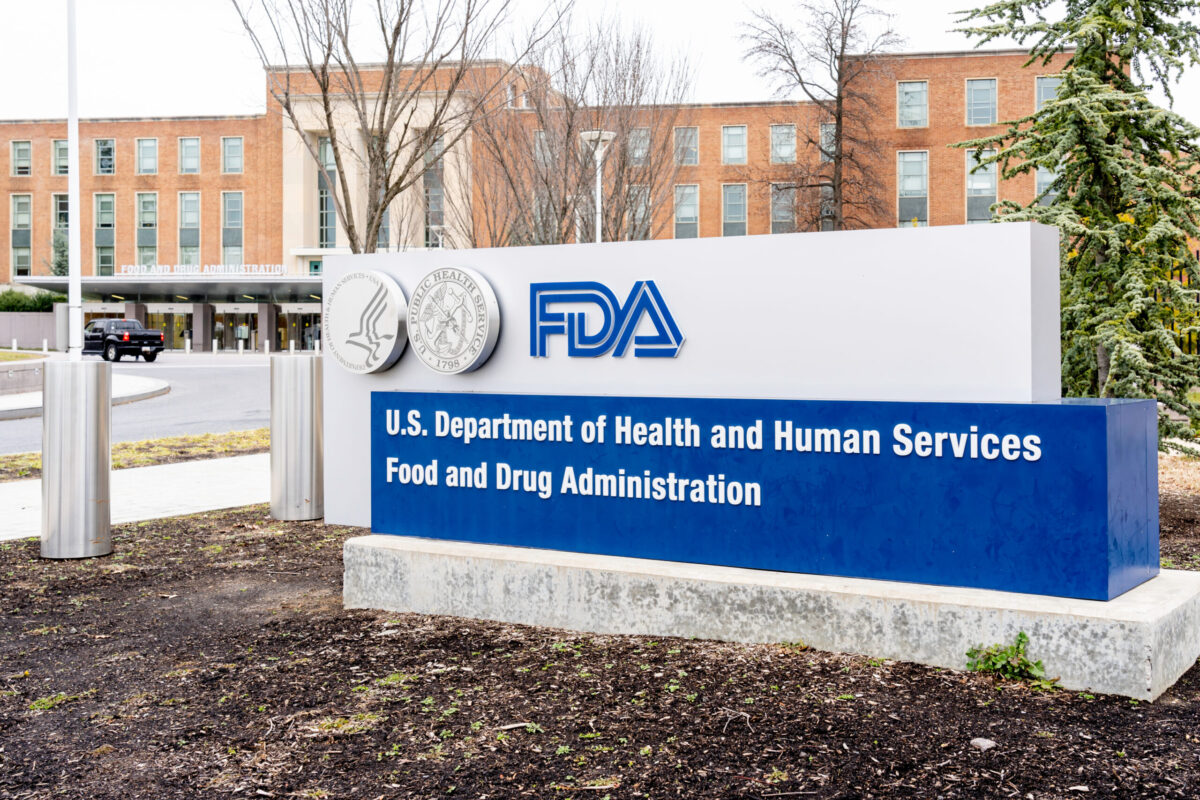Results from AstraZeneca’s Phase IIb PATHWAY clinical trial suggest that the antibody drug tezepelumab could offer a new treatment option for patients with severe, uncontrolled asthma. The first-in-class anti-TSLP monoclonal antibody – which is being codeveloped by AstraZeneca’s biologics arm MedImmune and Amgen – significantly reduced the annual asthma exacerbation rate compared with a placebo, in the clinical trial.
“In asthma patients, TSLP functions as an upstream epithelial ‘master-switch’ right at the start of the inflammation cascade,” said Bahija Jallal, Executive Vice President, Head of MedImmune. “By binding to TSLP, tezepelumab impacts multiple downstream inflammatory pathways associated with asthma, as shown by striking reductions in the level of multiple biomarkers in the PATHWAY trial, including blood eosinophils, IgE and FeNO. This broad biomarker response is unprecedented among respiratory biologics and reflects our commitment to leading respiratory science for unmet medical needs.”
According to 2011 statistics from the Centers or Disease Control and Prevention (CDC), approximately 25 million people in the US have asthma. Diagnoses of the inflammatory disease are on the rise, with asthma costs reaching upwards of $56 billion each year.
Corticosteroid medications are commonly prescribed to help asthma patients manage their symptoms, however these drugs don’t always work to prevent and treat asthma attacks. Severe, uncontrolled asthma can have a profoundly negative effect on a patient’s quality of life and if left unmanaged, could eventually be fatal.
In the PATHWAY trial, the clinical team investigated three different dosing regimens for tezepelumab: 70mg or 210mg every four weeks, or 280mg every two weeks. All three treatment groups saw similarly significant reductions in the annual asthma exacerbation rate of 61, 71 and 66 percent, respectively.
Patients included in the trial had a history of asthma exacerbations and uncontrolled asthma despite taking prescribed oral corticosteroids and other disease management medications. The trial investigators published their results in the New England Journal of Medicine.
In addition, the trial found that patients taking tezepelumab showed an improvement in lung function, regardless of the dose. A reduction in type 2 (T2) inflammatory biomarkers – such as eosinophil count – was also observed, suggesting the antibody drug could be appropriate for patients with and without T2 driven asthma.
“These efficacy results strongly confirm that TSLP is an important mediator of inflammation in severe asthma,” said Dr. Jonathan Corren, David Geffen School of Medicine, UCLA and Principal Investigator of the PATHWAY trial. “Due to its activity early in the inflammatory cascade, tezepelumab may be suitable for patients with both T2 and non-T2 driven asthma, including those ineligible for current biologic therapies which only target the T2 pathway.”












Join or login to leave a comment
JOIN LOGIN